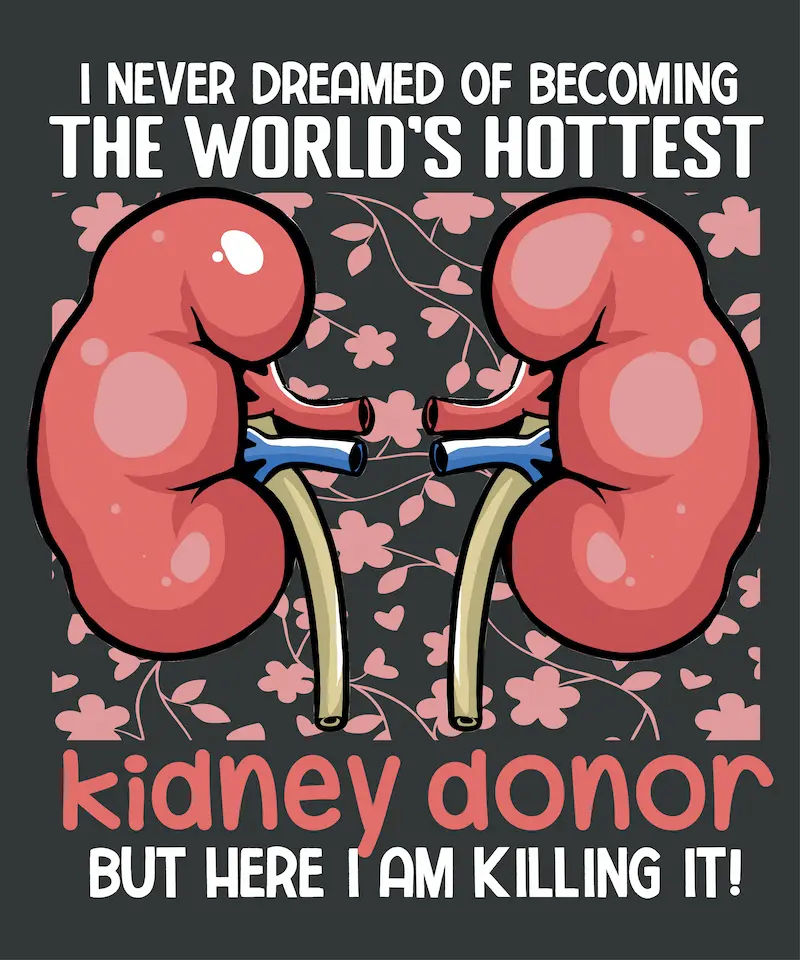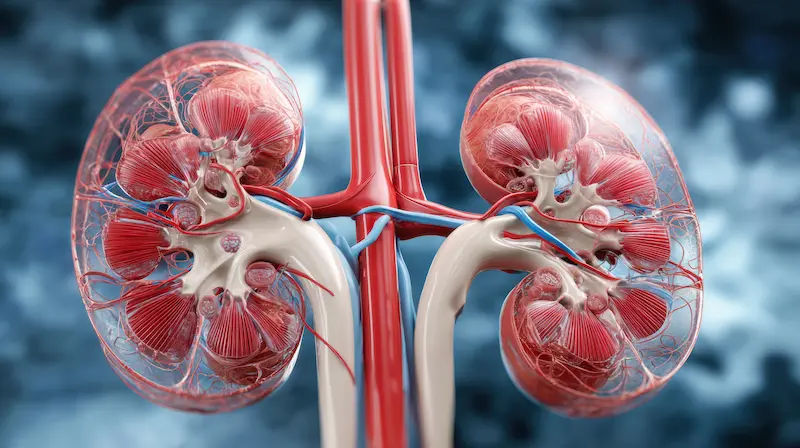Kidney Stones and BUN Creatinine Levels.
Learn about kidney stones, symptoms & causes of kidney stones, what the BUN and creatinine levels are, how kidney stones cause BUN and creatinine and tips to lessen the harmful substances levels.

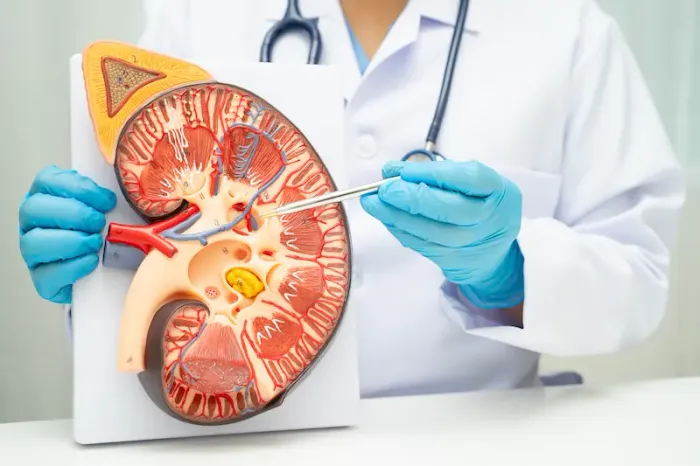
Introduction
Kidney stones and BUN (Blood Urea Nitrogen) and creatinine levels are important aspects of kidney health. If you or a loved one has been diagnosed with kidney stones or abnormal BUN creatinine levels, you may have questions about what these mean and how to manage them. This article will help you understand these conditions in simple terms, their symptoms, causes, and ways to keep your kidneys healthy.
What Are Kidney Stones?
Kidney stones are hard deposits made of minerals and salts that form inside your kidneys. They can vary in size, from as small as a grain of sand to as large as a golf ball. These stones can cause severe pain when they move through your urinary tract.
Symptoms of Kidney Stones
The symptoms of kidney stones include:
Sharp pain in the back, side, lower abdomen, or groin
Painful or frequent urination
Blood in the urine (pink, red, or brown urine)
Nausea and vomiting
Cloudy or foul-smelling urine
Fever and chills (if an infection is present)
Consult a Top nephrologist for the best advice
Common Causes of Kidney Stones
The common causes of kidney stones include:
Dehydration – Not drinking enough water leads to concentrated urine, increasing stone formation.
Diet – High intake of salt, sugar, or protein (especially red meat) can contribute.
Medical conditions – Gout, urinary tract infections (UTIs), and certain metabolic disorders.
Family history – A genetic tendency can increase the risk.
Obesity – Excess weight can alter urine composition, promoting stone formation.
What Are BUN and Creatinine Levels?
BUN (Blood Urea Nitrogen) and creatinine are blood tests that help assess how well your kidneys are functioning.
BUN measures the amount of nitrogen in your blood that comes from urea, a waste product formed when your body breaks down protein.
Creatinine is a waste product from muscle metabolism. Healthy kidneys filter it out of the blood.
What Do High or Low Levels Mean?
High BUN/Creatinine may indicate:
Kidney disease or reduced kidney function
Dehydration
High protein intake
Urinary tract obstruction (like a kidney stone blocking urine flow)
Low BUN/Creatinine may suggest:
Liver disease
Malnutrition
Overhydration
If your test results are abnormal, your doctor may recommend further tests to determine the cause.
How Kidney Stones Affect BUN and Creatinine Levels
When a kidney stone blocks urine flow, it can cause a backup of waste products in the blood, leading to increased BUN and creatinine levels. This is a sign that your kidneys are struggling to filter waste effectively.
Tips to Prevent Kidney Stones and Maintain Healthy Kidney Function
1. Stay Hydrated
Drink at least 8–10 glasses of water daily to dilute urine and prevent stone formation.
Lemon water (citrate helps prevent some types of stones).
2. Eat a Kidney-Friendly Diet
Reduce salt intake – High sodium increases calcium in urine, leading to stones.
Limit animal protein – Too much meat, fish, and eggs can raise uric acid levels.
Avoid oxalate-rich foods (if prone to calcium oxalate stones) – Spinach, nuts, chocolate, and beets.
Get enough calcium – Low calcium can increase oxalate absorption, paradoxically raising stone risk.
3. Monitor Medications & Supplements
Some medications (like diuretics or antacids with calcium) can contribute to stones.
Vitamin C in excess can convert to oxalate, increasing stone risk.
4. Exercise Regularly
Physical activity helps maintain a healthy weight and reduces kidney stone risk.
5. Get Regular Check-ups
If you have a history of kidney stones or kidney disease, regular blood and urine tests can help monitor your kidney function.
When to See a Doctor
Seek medical attention if you experience:
Severe pain that doesn’t improve
Blood in urine
Fever with pain (sign of infection)
Difficulty passing urine
If you have abnormal BUN/creatinine levels, your doctor may recommend:
Further imaging (ultrasound, CT scan)
Urine tests to check for infections or crystals
Dietary adjustments or medications
Final Thoughts
Kidney stones and abnormal BUN/creatinine levels can be concerning, but with the right knowledge and lifestyle changes, you can reduce risks and maintain good kidney health. Stay hydrated, eat wisely, and don’t ignore symptoms—your kidneys will thank you!
Consult a Top nephrologist for the best advice
Consult a Top nephrologist for the best advice

Dr. Kavita Parihar
Nephrologist
26 Years • MBBS, MD(MED), DNB(NEPHRO)
Ahmedabad
Apollo Hospitals Gandhinagar, Ahmedabad
(25+ Patients)

Dr. S. Anil Kumar Patro
Nephrologist
14 Years • MD, DNB
Chinagadila
Apollo Hospitals Health City Unit, Chinagadila
(25+ Patients)

Dr. Bhanu Prasad K
Nephrologist
8 Years • DM (Nephro), MD, MBBS
Hyderguda
Apollo Hospitals Hyderguda, Hyderguda
(25+ Patients)

Dr. Rubina Vohra
Nephrologist
23 Years • MBBS, MD (Medicine) DNB (Nephrology) DM (Nephrology)
Indore
Apollo Hospitals Vijay Nagar, Indore

Dr Vinay Kumar A V
Nephrologist
8 Years • MBBS, MD - General Medicine, DM - Nephrology
Bilaspur
Apollo Hospitals Seepat Road, Bilaspur
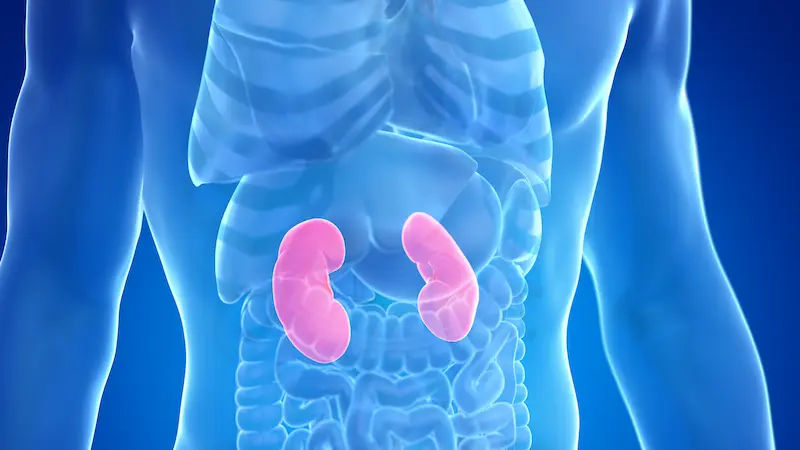
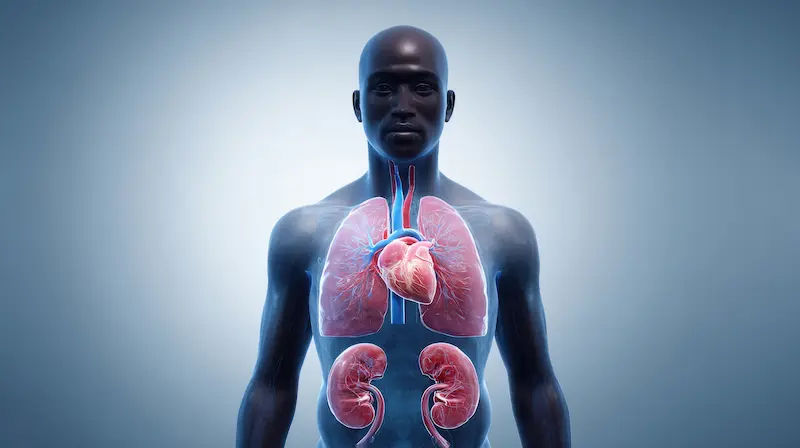
_4.webp)
